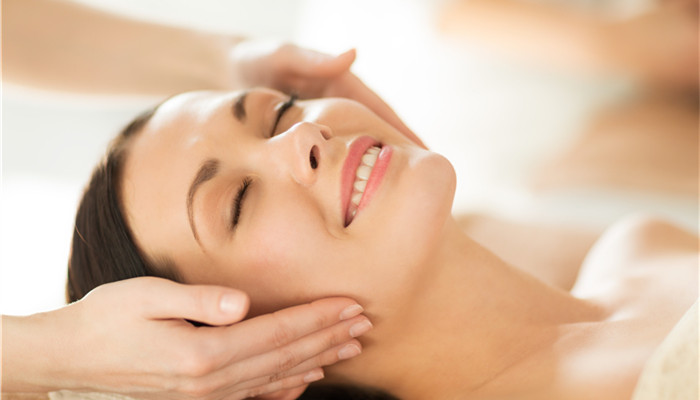
The number of registrations for decarboxylated carnosine cosmetics continues to grow, and there is huge room for market development in the future.
The scientific name of decarboxylated carnosine is β-alanyl-L-histamine, which is an imidazole dipeptide composed of β-alanine and L-histamine. Decarboxylated carnosine appears as white crystals with bright color and high water solubility. Decarboxylated carnosine is the product of the decarboxylation reaction of the natural antioxidant carnosine. Its structure is similar to carnosine, but decarboxylated carnosine not only retains the antioxidant and anti-glycation capabilities of carnosine, but is also endowed with higher stability and resistance to enzyme degradation. , permeability, etc., so decarboxylated carnosine is more conducive to cosmetic applications.
Decarboxylated carnosine is mostly found in mammalian tissues containing histamine, such as heart, kidney, stomach, intestine, etc., and its content is similar to that of carnosine. Decarboxylated carnosine has multiple functions such as antioxidant, anti-pollution, anti-aging, anti-glycation, oxidation reversal, and inhibition of melanin formation. In recent years, with the rise of the beauty economy, decarboxylated carnosine has attracted consumer attention due to its good functions, and market demand continues to grow. .
As an important ingredient for anti-aging and anti-glycation, decarboxylated carnosine is used more and more widely in cosmetics. At present, cosmetics brands including Estee Lauder, Clarins, Proya, Osman, Haa, etc. have launched related products, including eye creams, face creams, Essence, lotion, facial mask, cleanser, foundation, eye mask and other products.
Decarboxylated carnosine is currently one of the most popular beauty peptides and has received high market attention. According to user data, in 2021, among peptide ingredients, decarboxylated carnosine ranked second in terms of volume, with a year-on-year increase of 59.2%, second only to blue copper. Peptides.
According to the “2022-2027 China Decarboxylated Carnosine Industry Market In-depth Research and Development Prospects Forecast Report released by the Industrial Research Center, in Under the beauty economy, the number of registered products for decarboxylated carnosine cosmetics has increased significantly. In 2021, there will be nearly 320 registered products. As of now, there are more than 1,420 domestically registered products for decarboxylated carnosine. Compared with carnosine, the number of registrations for decarboxylated carnosine and the number of product uses are still at a low level, and there is broad room for market development in the future.
The preparation process of decarboxylated carnosine is divided into chemical synthesis method, biosynthesis method, etc. Among them, chemical synthesis method has problems such as high production cost, complex process, and large environmental impact. As environmental protection requirements become increasingly stringent, chemical synthesis method will gradually be replaced by biosynthesis method. . In China, suppliers of decarboxylated carnosine include Zhejiang Paipide Biotech, Shenzhen Redlin Biotech, Chengdu Yunxi Chemical, Boxin Biomedicine, Shenzhen Dickman Technology, etc.
Industry analysts said that decarboxylated carnosine has diverse functions and broad application prospects in medicine, cosmetics and other fields. Decarboxylated carnosine is a derivative of carnosine and is superior to carnosine in terms of stability, permeability, resistance to enzyme degradation, etc. In recent years, against the background of the rise of the beauty economy, the number of cosmetic registrations for decarboxylated carnosine has continued to grow, but compared with carnosine , there is still a lot of room for development in the decarboxylated carnosine market.

 微信扫一扫打赏
微信扫一扫打赏

